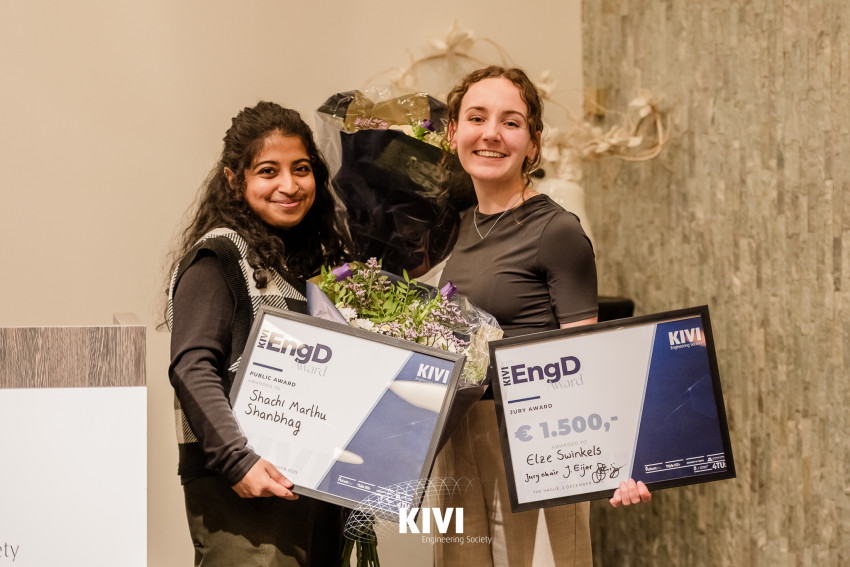
Ships are notorious polluters of the atmosphere. Once outside territorial waters they burn the cheapest (read: dirtiest) fuel. Reducing the drag of the ship reduces the fuel consumption (and the pollution).
Traditionally this was achieved by applying a biocidal antifouling coating to the hull to prevent sea weed, barnacles and mollusks to attach. But the biocides leach out and are harmful to other sea life as well.
In 2014 a program was launched by AkzoNobel, the Gold Standard Foundation and the Fremco Group, that awards ship owners who convert existing vessels from a biocidal antifouling to a premium, biocide-free advanced hull coating such as AkzoNobel’s Intersleek which is proven to reduce fuel consumption and CO2 emissions.
On average, each of the 16 vessels included in the first series of awards achieved savings of over 1,250 tons of fuel and 4,000 tons of CO2 per year, resulting in the award of 126,785 credits (worth more than $500,000) by the Gold Standard Foundation. That number is expected to increase as more vessels continue to enroll in the scheme. Based on the average 10 percent CO2 savings recorded in this first carbon credits issue, the full fleet of over 4,500 vessels currently using Intersleek have already achieved total annual reductions in carbon emissions of around 17 million tons of CO2. That figure represents around 1.5 percent of the global emissions from shipping, as estimated by the 3rd IMO Greenhouse Gas Study.
The issuing of the carbon credits followed a rigorous assessment of the scheme, which included validation and verification of the 16 participating vessels’ fuel consumption data by an independent auditor, RINA Services and the Gold Standard Foundation, in line with the United Nations Framework Convention on Climate Change (UNFCCC) Clean Development Mechanism.
AkzoNobel is currently in discussions with the enrolled ship owners regarding sale and offsetting options for their credits.


